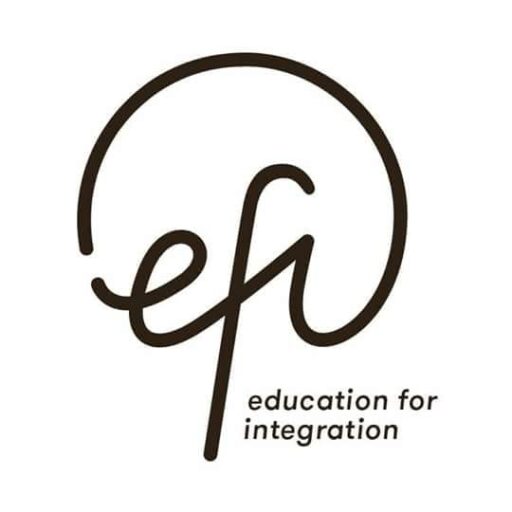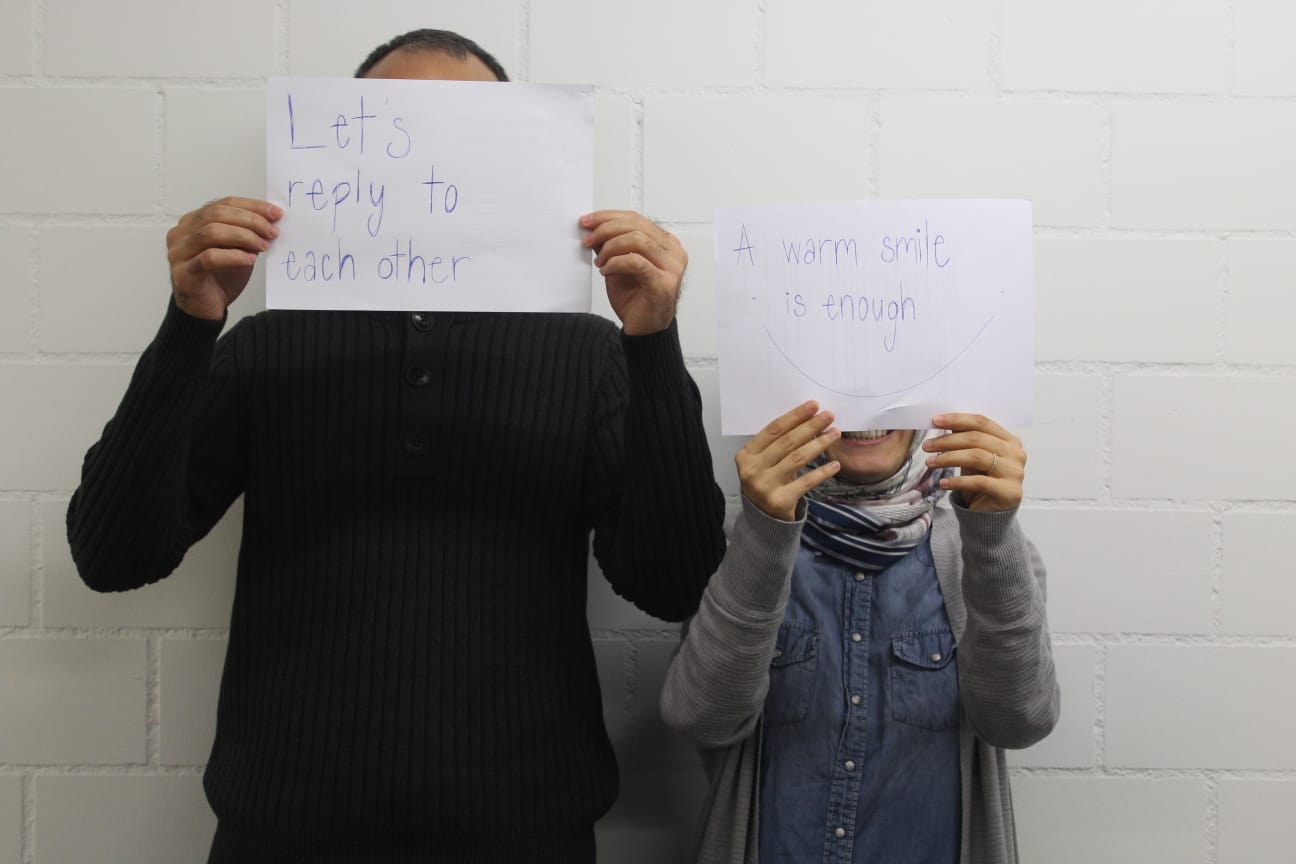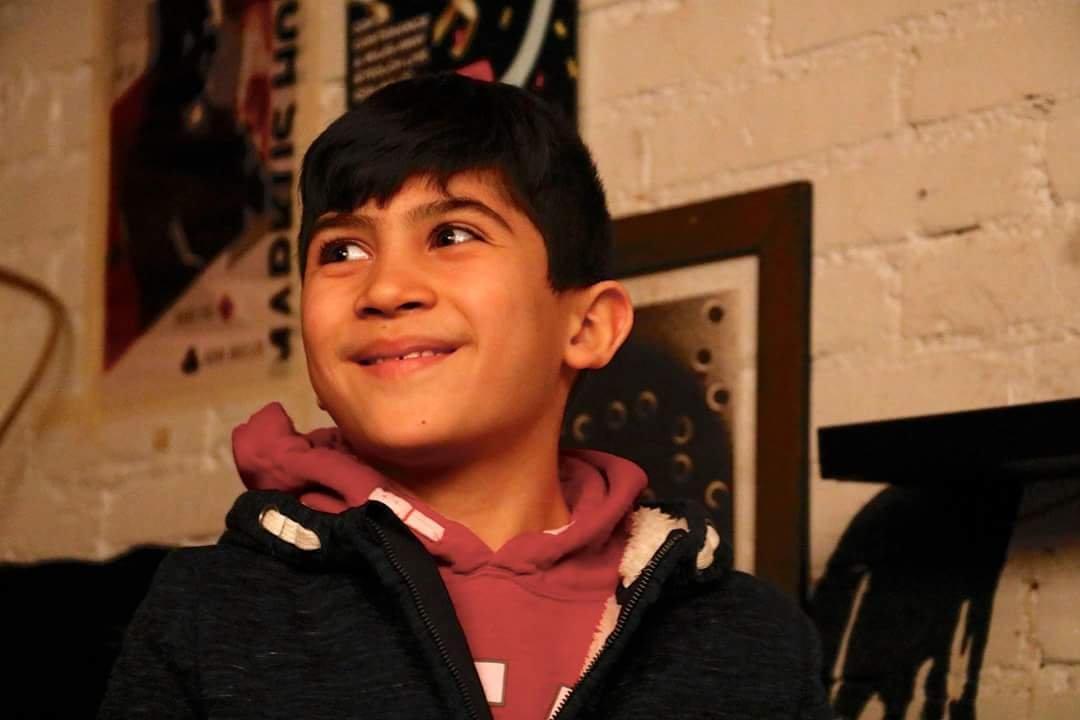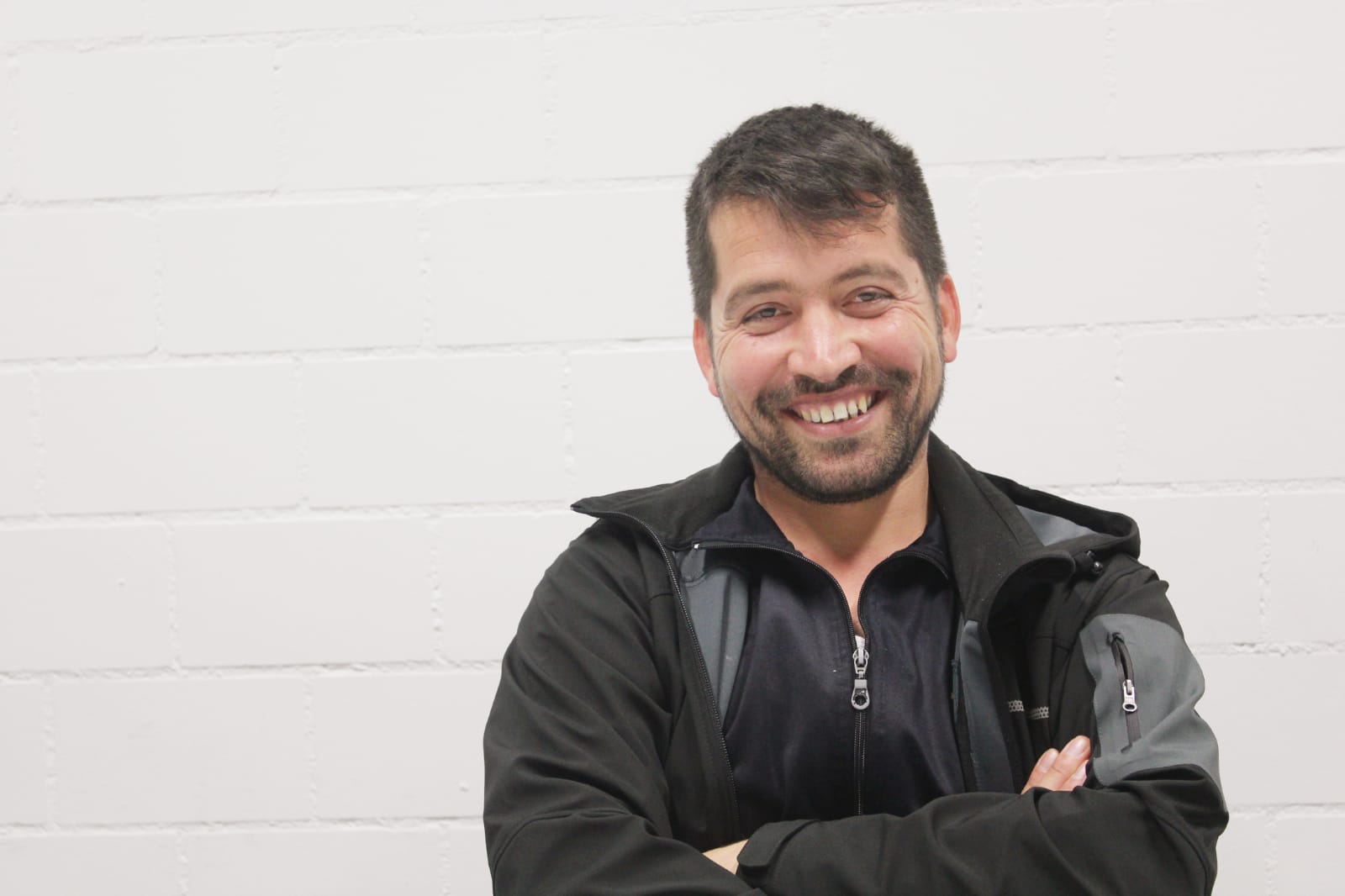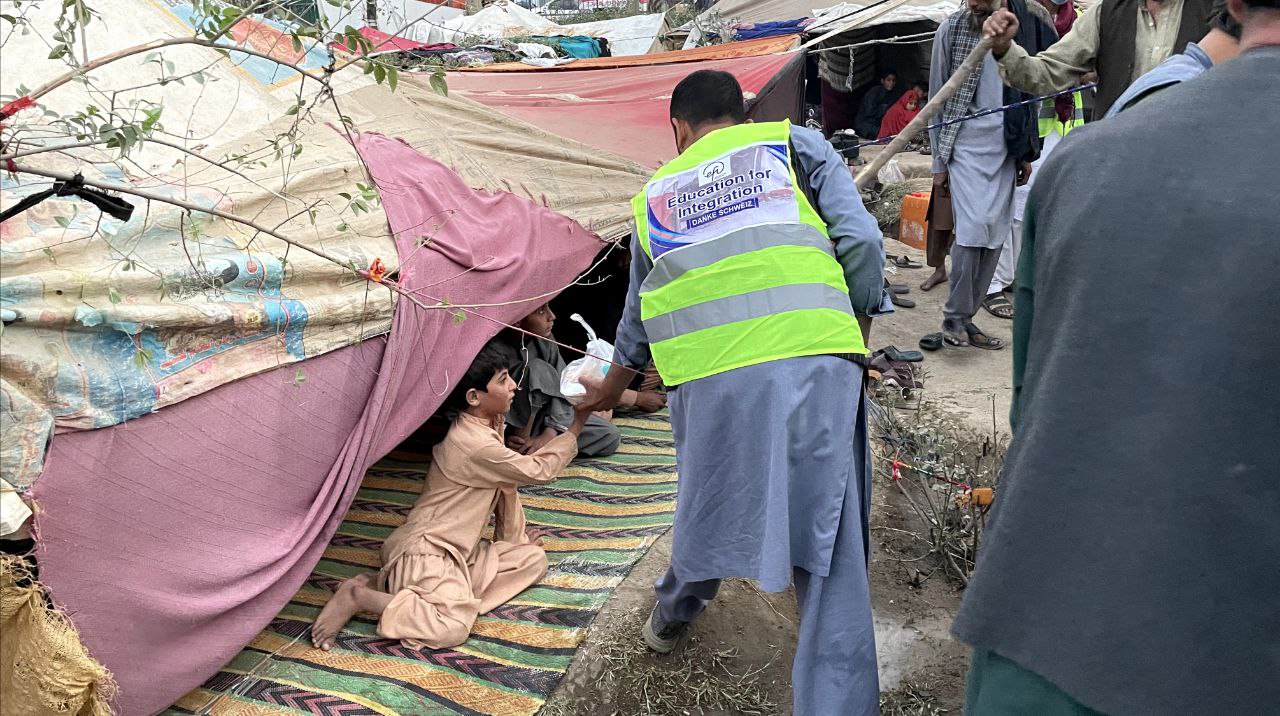Talent of Refuge – Aicha and Mustafa
Without i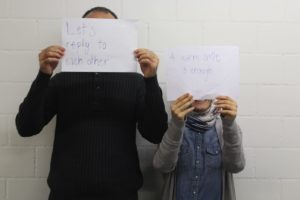 dentity there is no individuality. It seems so when you listen to the story of Aicha and Mustafa. A few years ago, Mustafa attended university in the USA and worked towards a PhD in sociology. Today these doors are closed for the time being.
dentity there is no individuality. It seems so when you listen to the story of Aicha and Mustafa. A few years ago, Mustafa attended university in the USA and worked towards a PhD in sociology. Today these doors are closed for the time being.
Their work in the public office of Turkey became Aicha and Mustafa the disaster. Two years ago they were arbitrarily dismissed by the Turkish government along with around 130,000 other people. The withdrawal of their passports and, worst of all, a growing distrust of their fellow human beings followed. The main problem was not the government, but the social pressure that took their freedom. Imagine carrying your bag home every day for twenty-five years and suddenly you are asked sceptically what you are doing with it.
A journey like that of Aicha and Mustafa does not spring from careless reasons, but from fear and human rights. Here in Switzerland, Aicha and Mustafa have rediscovered what freedom means. And why it is worth being free. “We didn’t have the opportunity to explain ourselves, nobody listened to us or probably they just didn’t dare to do it anymore. We are so grateful to the Swiss that they have an open ear for our story. We’re not terrorists, we’re just people.”
The anxiety towards them, however, is not entirely absent in Switzerland either. “Can you imagine people suddenly being afraid of you?” Aicha reports how often she is patterned for her headscarf. On the street, out of the car, even when she asked only for the bus, she had to find out with regret how a woman pulled her bag closer to herself. Mustafa smiles understandingly and says: “Yes, she has never received so much attention before”. With their humorous acumen, they have already grasped many mechanisms. Aicha has a great understanding for the reactions of her counterparts and would like to change the stigmatization of the headscarf as a positive example: “I used a headscarf, but that’s not bad. You can be friends like that. But I don’t judge anyone. It’s the mass media and the bad examples that dominate. Maybe I’ll manage to be a good example, that’s enough for me.” To build bridges between cultures, they practice diligently. For example by using Swiss-German expressions like “yes, yes exactly” Aicha says and starts singing an improvised song. Her husband adds the “Grüezi” with a laugh. She teases him lovingly not to forget his motivation to greet him at least three times a day.
Aicha and Mustafa were lucky and expect their transfer to their own apartment in a few weeks. It is nice to be able to rebuild a home and to be safe. Especially to be able to invite their friends from the asylum home and to give them the security they need for a few hours. Aicha and Mustafa have only been in the asylum home Rothenburg for a few months and help where they can. Aicha uses her English skills to translate in the hospital and to help her friends. Her eyes and ears are open and the ideas for easier integration are a constant topic between the two. A necessary enrichment, which hopefully can be used soon.
Mustafa brings the background knowledge from his sociology studies, in which he dealt with questions of integration and migration. He would now like to complete his PhD in Switzerland and continue his commitment next door. However, it is difficult to reach a professor and obtain the necessary information. His mails remained unanswered so far. Their information stand is admirable for their short time in Switzerland, because they actually wanted to go to Germany, but shortly before the border they were checked. That’s how they landed in Switzerland, not a bad evil, says Aicha laughing. But the heaviness has now filled the room. If they still had their passports, they would have been welcomed here as students and the university, perhaps Switzerland or the USA, would have been happy about their international exchange. But now they are refugees without identity: “We have reached the end of the waiting list,” Mustafa explains.
Nevertheless, Aicha and Mustafa seem hopeful: “Life flows so fast, but I don’t think it’s too late to learn something new. We remain optimistic.” And so we will hopefully meet them soon on the corridors of the university.
